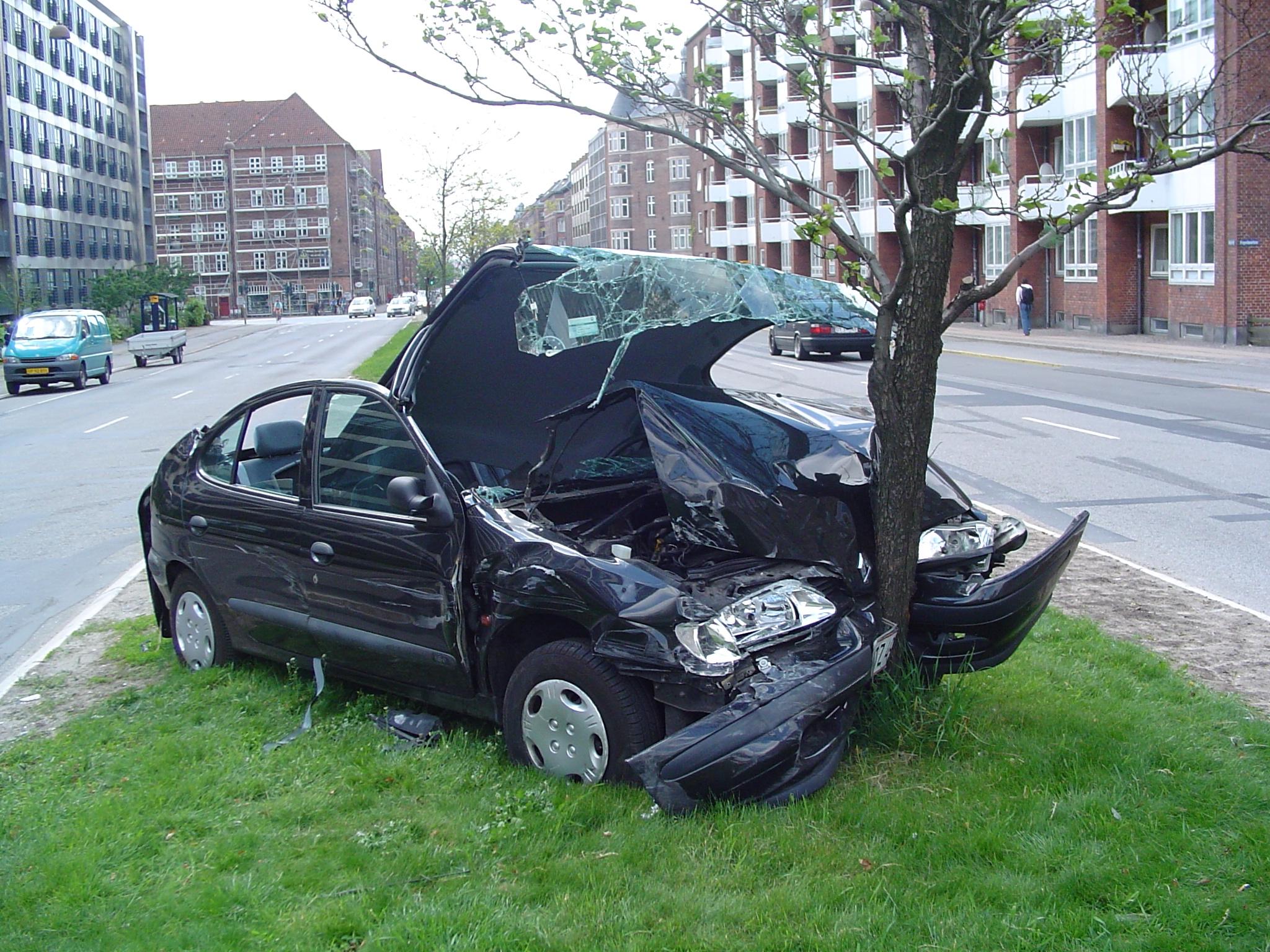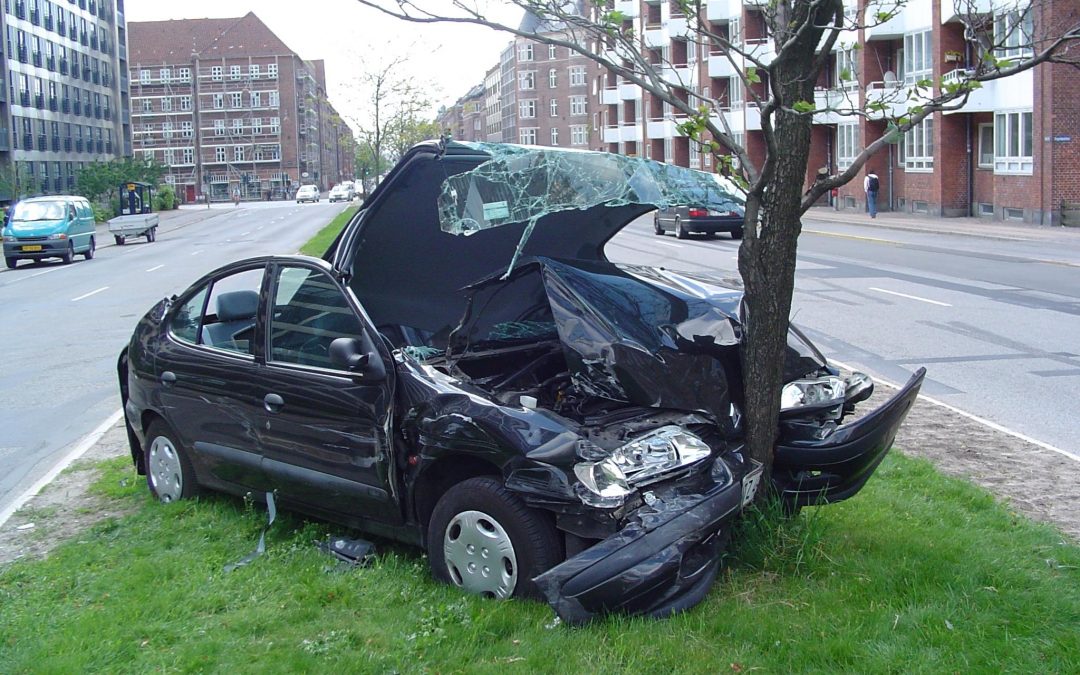
|
Ask Scott Dreyer: This question came to us from one of our online classes, from Lan-fu, in Hsinchu, Taiwan. Q. What is the difference between “in an accident” and “on accident”? “In an accident” refers to damage caused by an unfortunate accident, crash, or wreck. It often refers to a car accident, but it does not have to be limited to that. It can also refer to a bad fall, injury, etc.The Chinese might best be: 發生車禍 or 事故發生了.
Note: “Have an accident” can also mean a car crash, but it can also refer to someone, usually a small child, who goes to the bathroom in his or her pants. You have to look at the sentence context.
In contrast, “on accident” (or often “by accident”) refers to something done unintentionally or inadvertently. You can also say, “not on purpose.” The Chinese might best be: 不是故意的. Examples: 4. Billy spilled the milk on accident; after all, he is only five years old. Do you want to improve YOUR knowledge of English? Join one of our online classes today! Or, you can send your “Ask Scott Dreyer” question to him at scott@dreyercoaching.com. |

